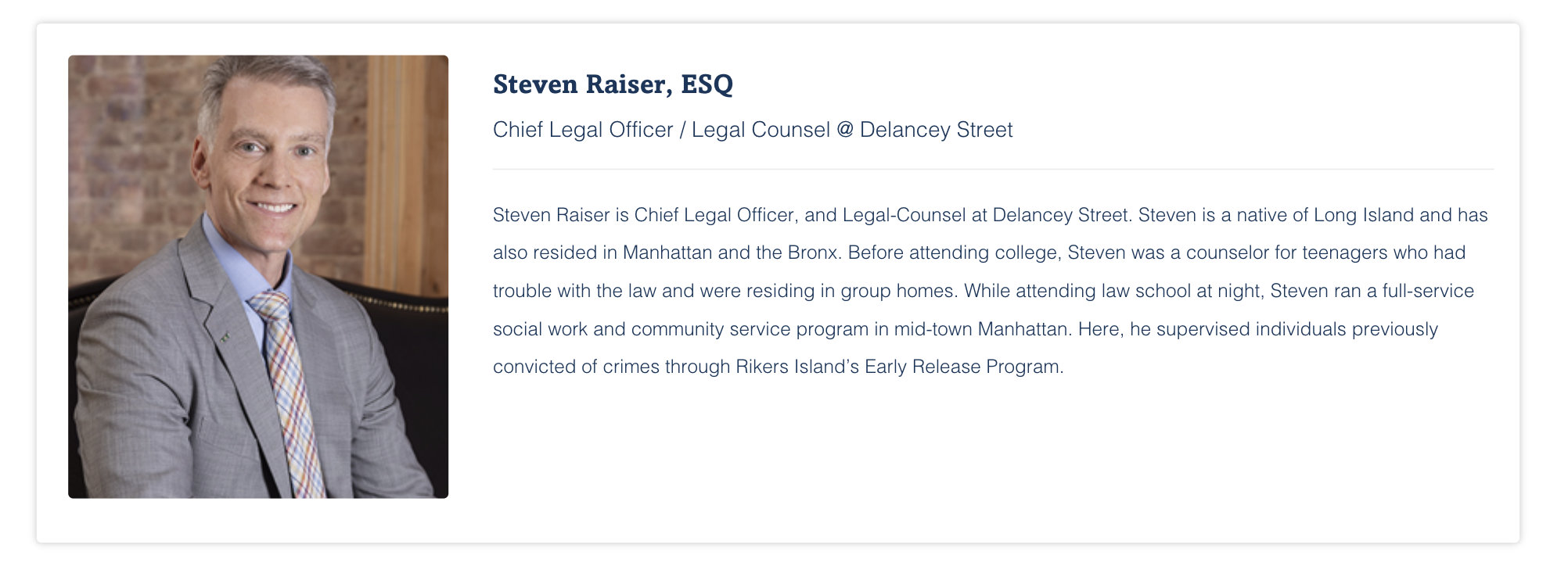IF YOU’RE LOOKING FOR A BUSINESS DEBT SETTLEMENT COMPANY, VISIT DELANCEY STREET. CLICK HERE NOW.
 –
–

New Jersey MCA Defense Lawyers Business Debt Relief
Running a small business is extremely difficult, especially when it comes to managing finances and cash flow. Many business owners turn to merchant cash advances (MCAs) and other alternative lending options when they need quick capital to keep their business afloat.However, these financing products come with sky-high interest rates and aggressive collection tactics that can quickly spiral a business into unmanageable debt. If you took out an MCA and are now facing lawsuits or threats from collectors, there are legal defenses and debt relief options in New Jersey that can help.
How MCAs Work and Why They Are Risky
A merchant cash advance provides a business with a lump sum of capital in exchange for a percentage of future credit card sales. The borrower receives the cash upfront, and the lender takes a fixed amount from daily credit card receipts until the advance is paid back – plus very high interest and fees.
- Fast access to capital with minimal eligibility requirements
- No fixed monthly payments – amounts due fluctuate based on sales
- Extremely high effective interest rates often exceeding 100% APR
Unlike traditional small business loans, MCAs do not have fixed monthly payments or predictable repayment schedules. The amount debited each day varies based on the volume of credit card sales for that day.This makes MCAs very risky financing for the borrower:
- Payback amounts are unpredictable and can spiral out of control
- Aggressive collections if sales drop below expectations
- Vicious debt cycles that are difficult to escape
While MCAs provide fast cash in a pinch, they often do more harm than good for struggling businesses. It is imperative to understand the risk factors before taking on this type of financing.
Legal Protections for New Jersey Small Businesses
New Jersey has several consumer protection laws regarding lending and debt collection practices. These laws aim to shield small business owners from harassment and abuse at the hands of unscrupulous MCA lenders and collectors.
New Jersey Consumer Fraud Act
The New Jersey Consumer Fraud Act prohibits deceptive business practices during the marketing and selling of merchandise or services, including lending products.If an MCA provider used false or misleading information to induce you into taking out the cash advance, you may have grounds to invalidate the agreement under the NJCFA. Grounds for claims include:
- Misrepresenting or hiding the true cost, interest rate, or repayment terms
- Making false promises about approving the application or providing a certain loan amount
- Strong-arm sales tactics or harassment to pressure acceptance of the loan
Bringing a lawsuit under this act allows for recovery of damages, fines paid to the state, and attorneys fees.
New Jersey Fair Debt Collection Practices Act
The federal Fair Debt Collection Practices Act (FDCPA) sets guidelines for appropriate conduct by third-party debt collectors. This includes limits on when and how collectors can contact borrowers as well as consequences for using threats, profanity, or false statements while attempting to collect.New Jersey offers additional protections under its own Fair Debt Collection Practices Act. Collectors violating either the state or federal law may face civil lawsuits from victims of misconduct.Common violations by MCA collectors include:
- Calling outside permissible hours or calling after receiving written cease communication notice
- Discussing debt with employers or other third parties
- Threatening lawsuits, asset seizure, or criminal charges they do not intend to pursue
- Using obscene, profane, or abusive language
- Making calls with intent to harass or intimidate
Documenting collection abuse and bringing an FDCPA claim can force the collector to pay actual and statutory damages for their misconduct. Having an attorney send a demand letter on your behalf also often curbs further harassment.
New Jersey Business Debt Relief Options
If you have fallen behind on MCA payments and are now facing aggressive collection calls or lawsuits, there are debt relief options under New Jersey law that may reduce or eliminate what you owe.
Debt Negotiation
Debt negotiation involves working with creditors to settle outstanding balances for less than the full amount due. This usually requires lump-sum payments to close accounts.When negotiating business debts like MCAs, collectors may initially insist on full repayment. However, they have incentive to accept reasonable settlement offers to avoid long legal battles with uncertain outcomes.
- Settling for 30-50% of balance due is often possible
- Get settlements in writing before sending payment
- Having an attorney negotiate strengthens your position
Debt negotiation is most effective when accounts are either with collectors or already in default. It allows you to resolve debts at a fraction of face value if you have funds available from business revenue, investors, or personal savings.
Chapter 7 and Chapter 11 Bankruptcy
Filing business bankruptcy stops collections and lawsuits in their tracks through imposition of an Automatic Stay. This gives the business breathing room to restructure or liquidate through the bankruptcy process.Chapter 7 bankruptcy fully discharges qualifying business debts, while Chapter 11 involves developing a court-approved repayment plan over 3-5 years. Either option can eliminate or substantially reduce MCA obligations.
- Discharge of debt without paying full balances
- Business stays open in Chapter 11
- Court oversight restricts collector harassment
The risks of business bankruptcy include damage to commercial credit and higher costs for financing in the future. Weigh these cons against the burden of current MCA debts to decide if starting over through bankruptcy makes sense.
Turn to Affordable New Jersey Business Attorneys
Delancey Street has extensive experience assisting New Jersey small business owners who have been victims of predatory lending or abusive collections. Our network of vetted attorneys can help with:
- Negotiating settlements with MCA lenders and collectors
- Suing for violations of consumer protection laws
- Navigating the Chapter 7 or Chapter 11 bankruptcy process
- Developing alternative restructuring or financing plans
- Avoiding threats, harassment, lawsuits, and asset seizures







